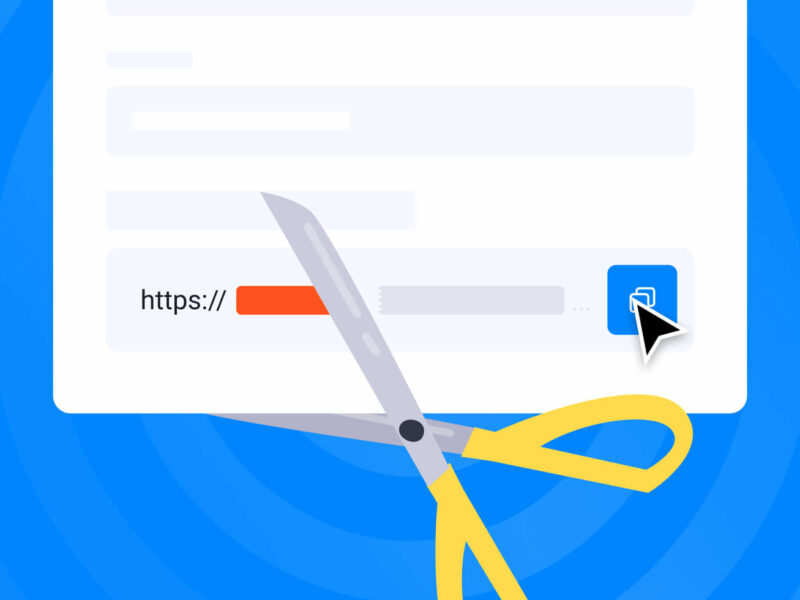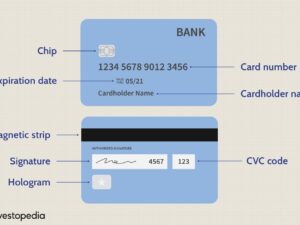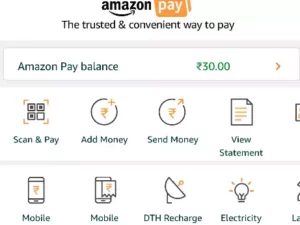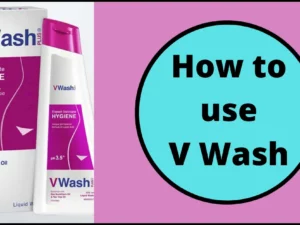Introduction:
URL shortening is the process of creating a short URL that redirects to a longer, original URL. The purpose of URL shortener is to make it easier to share long URLs, especially on social media platforms that have character limits. URL shortening services have become increasingly popular in recent years, and there are now more than 100 such services available on the internet. In this article, we will explore the benefits and drawbacks of URL shortening, as well as some best practices for using URL shortening services.
Why Use a URL Shortener?

There are several benefits to using a URL shortener, including:
- Easier Sharing: One of the primary benefits of using a URL shortener is that it makes it easier to share links on social media platforms, email, or other messaging services. Shortened URLs take up less space, which means that you can include more information in your messages without having to worry about exceeding character limits.
- Tracking and Analytics: Many URL shorteners offer tracking and analytics features that allow you to see how many clicks your links are receiving, as well as other valuable data such as the geographic location of your visitors and the types of devices they are using. This information can be useful for tracking the success of your marketing campaigns and making data-driven decisions about your online strategy.
- Branding: URL shorteners can also be used to promote your brand by including your company name or a relevant keyword in the shortened URL. This can help to increase brand recognition and make it easier for people to remember your website or product.
- SEO Benefits: Some URL shorteners offer SEO benefits such as the ability to include keywords in the short URL, which can help to improve search engine rankings for your website or product.
Drawbacks of URL Shortening:
While there are many benefits to using a URL shortener, there are also some drawbacks to consider:
- Security: One of the primary concerns with URL shorteners is that they can be used to hide malicious links. Hackers or other bad actors can use URL shorteners to disguise links that lead to phishing websites or malware downloads. It is essential to be cautious when clicking on shortened links, especially if you don’t know the source.
- Link Rot: Another issue with URL shortener is that they can lead to link rot. When you use a URL shortener, you are essentially adding another layer of redirection to the link, which can make it more likely to break over time. If the URL shortener service you are using goes out of business or changes its policies, your links could stop working, leaving visitors with a broken link.
- Loss of Control: When you use a URL shortener, you are essentially giving up control over your links. If the URL shortener service you are using goes down or changes its policies, you may not be able to access your links or redirect them to a new location.
Best Practices for Using URL Shortening Services:
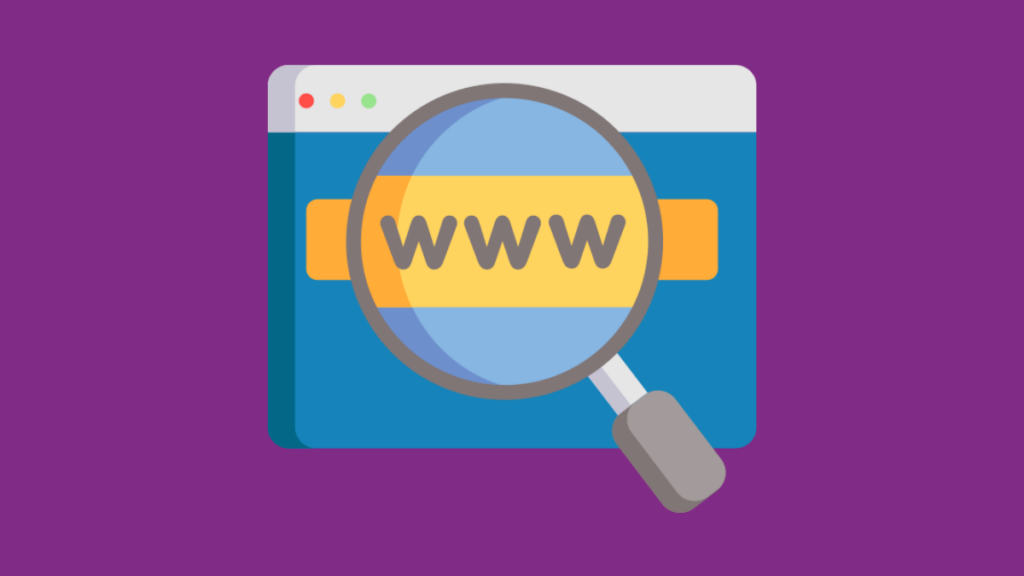
If you decide to use a URL shortening service, here are some best practices to keep in mind:
- Choose a Reputable Service: There are many URL shortening services available, but not all of them are created equal. Be sure to choose a reputable service with a track record of reliability and security.
- Be Cautious When Clicking: Always be cautious when clicking on shortened links, especially if you don’t know the source. Use a link scanner tool to check the link’s safety before clicking on it.
- Use Custom URLs: Whenever possible, use custom URLs that include your brand name or a relevant keyword. This can help to increase brand recognition and make it easier for people to remember your website or product.
- Keep Track of Your Links: Be sure to keep track of the links you create and where they are

